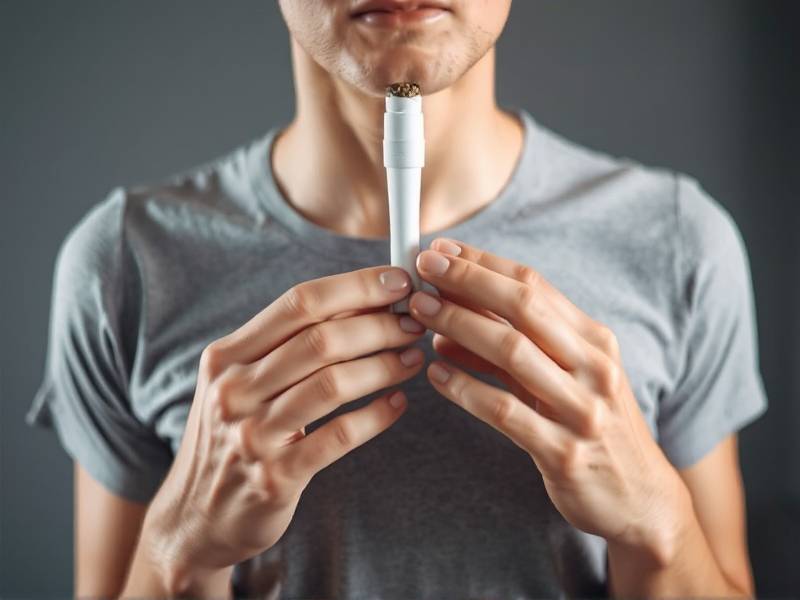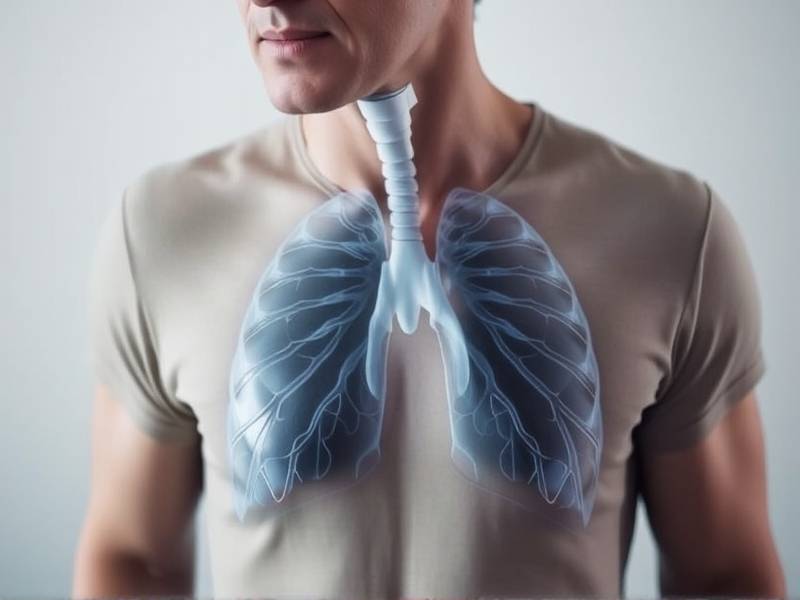How Long Does It Take for Shortness of Breath to Improve After Quitting Smoking?
The Journey to Improved Breathing: How Long Does It Take for Shortness of Breath to Fade After Quitting Smoking?
Introduction: Quitting smoking is a significant step towards improving one's health, and one of the most noticeable benefits is the return of normal breathing. However, many smokers are curious about how long it takes for shortness of breath to improve after quitting. This article delves into this question, offering insights into the timeline and factors that influence the recovery process.
Understanding Shortness of Breath: Shortness of breath, also known as dyspnea, is a common symptom among smokers. It occurs due to the constriction of airways and reduced lung capacity caused by years of smoking. When you quit smoking, your body begins to heal, and it's natural to wonder when you'll start feeling better.

The Timeline: The timeline for improved breathing after quitting smoking can vary from person to person. Here's what you can typically expect:
- Immediate Relief: Within minutes or hours after quitting, you may notice some immediate relief in breathing as your body starts to clear out the toxins from smoke.
- Days 1-2: During this period, your lungs may still feel tight or congested as they continue to clear out mucus and debris.
- Weeks 1-3: You might start experiencing a noticeable difference in your breathing within a few weeks. Your lung capacity will begin to increase, and you'll find it easier to take deep breaths.
- Months 3-6: After about three months, most people report significant improvements in their breathing. The inflammation in your airways starts to decrease, leading to more comfortable breathing.
- Years 1-5: Over time, your lungs will continue healing as the cilia (hair-like structures) in your airways regain their function. This process can lead to a substantial improvement in lung capacity and overall respiratory health.
Factors Influencing Recovery: Several factors can influence how quickly shortness of breath improves after quitting smoking:
- Duration of Smoking: The longer you've smoked, the longer it may take for your lungs to recover.
- Amount Smoked Daily: A higher number of cigarettes smoked daily may result in more severe shortness of breath initially but could also lead to quicker improvements over time.
- Overall Health Status: Individuals with pre-existing respiratory conditions or other health issues may experience slower recovery times.
Emotional Well-being: Improving breathing is not only a physical change but also an emotional one. Quitting smoking can boost self-confidence and improve mood due to better overall health.
Conclusion: The journey towards improved breathing after quitting smoking is unique for each individual but generally involves gradual improvements over several months or even years. By staying committed to your quit plan and seeking support when needed, you'll likely see significant progress in how well you breathe over time.
Remember that quitting smoking is worth every effort it takes because it not only improves your respiratory health but also reduces the risk of numerous other health issues associated with tobacco use.
For additional resources on quitting smoking and improving lung function, consider visiting reputable websites such as [insert relevant website here] (Note: Replace with an actual website if applicable).

